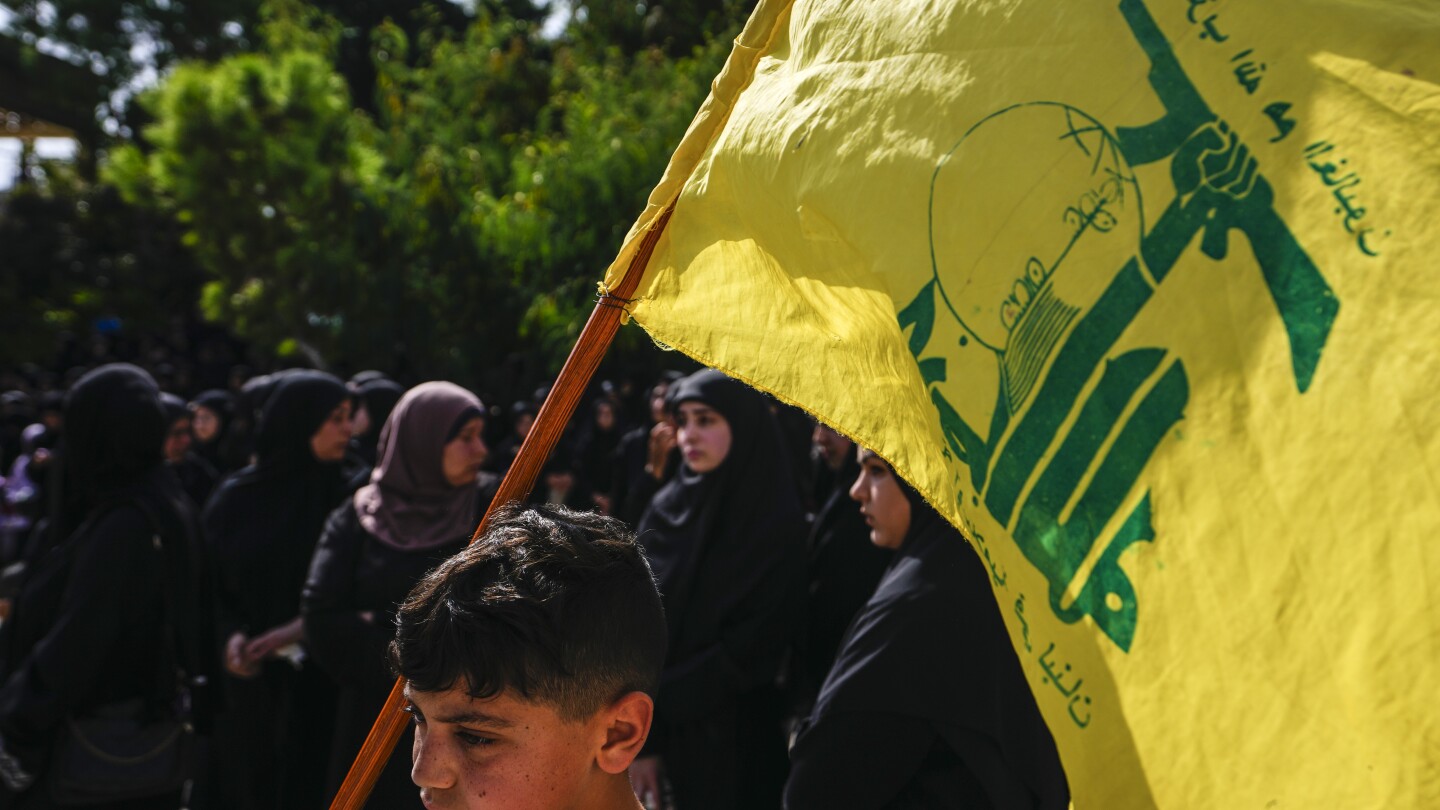BEIRUT (AP) — Lebanon’s caretaker prime minister Tuesday visited troops deployed near the border with Israel and U.N. peacekeepers, as Hezbollah militants and Israeli troops clash for a third week.
The visit by Prime Minister Najib Mikati to the tense southern province is his first since clashes erupted along the border following a surprise attack by the Palestinian group Hamas on Israel on Oct. 7. It also came two days after Israeli Prime Minister Benjamin Netanyahu visited troops along the border on Sunday.
Mikati and international governments have been scrambling to prevent the Israel-Hamas war from expanding to Lebanon, where the powerful Hezbollah group warned Israel about a ground incursion into the blockaded Gaza Strip.
Hezbollah deputy leader Sheikh Naim Kassem said the group is in the “heart” of the war to “defend Gaza and confront the occupation.”
“Its finger is on the trigger to whatever extent it deems necessary for the confrontation,” Kassem tweeted.
Clashes between Hezbollah and the Israeli military thus far have been mostly limited to several towns along the border.
Journalists from Hezbollah’s Al-Manar television reported that an Israeli helicopter attack struck an empty position near the border town of Houla, after a missile fired from Lebanon hit an Israeli military position. The Israeli military said the anti-missile attack hit a position in Manara with no casualties. They added that they struck a group of militants in Mount Dov, a disputed territory known as Shebaa Farms in Lebanon, where the borders of Lebanon, Syria and Israel meet.
Meanwhile, Lebanon’s top Druze political leader Walid Jumblatt, said that he along with Mikati and Hezbollah ally Nabih Berri, who is Lebanon’s parliamentary speaker, are in agreement that the war shouldn’t further expand into the tiny Mediterranean country. Jumblatt said that he held calls with top Hezbollah security officials on the matter.
“But the matter is not up to Hezbollah alone … Israel could have hostile intentions,” Jumblatt said after meeting with Druze religious officials and clergymen in Beirut. “We must expect the worst.”
Israel and Hezbollah fought a monthlong war in 2006 that ended in a stalemate. Israel sees Iran-backed Hezbollah as its most serious threat, estimating it has around 150,000 rockets and missiles aimed at Israel.
Meanwhile, French President Emmanuel Macron visited Israel on Tuesday, where he reaffirmed calls to prevent the war from expanding into Lebanon and the wider Arab world, and called for a “decisive” political process with the Palestinians for a viable peace.
Macron warned Hezbollah and other Iran-backed groups against opening a new front in the ongoing war, and that Paris had expressed those concerns in direct communication with Hezbollah.
“To do so would be to open the door to a regional inferno from which everyone would come out the loser,” he said.

